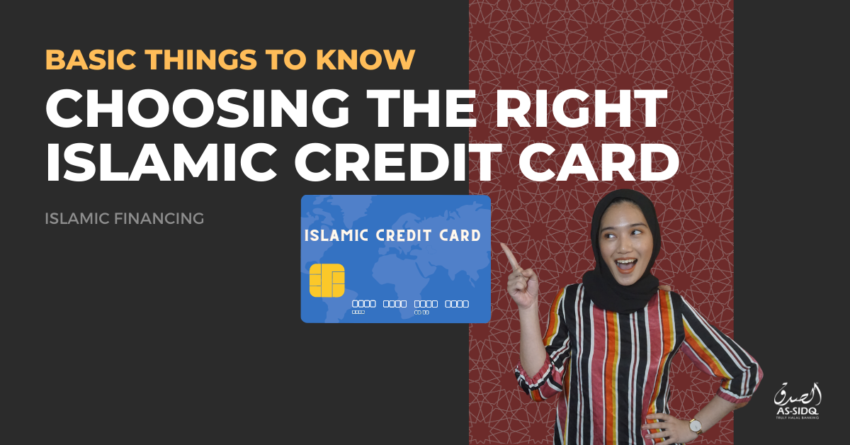These days, it is quite impossible to make large purchases without a credit card. It is also challenging to improve one’s credit score fast without a credit card in hand, although it is still possible to raise your score without one.
There are many benefits to owning and using a credit card. There are also many downsides to it. For Muslim consumers, however, many remain stuck in a dilemma: to use or not to use?
While Islam permits credit card usage, the credit card should not contain any usury element. Overall, the credit card should be Sharia-compliant. If a credit card holder only pays the principal amount plus the service charge, then it is permissible.
When it comes to conventional credit cards, they are generally unacceptable on religious grounds due to the interest rates imposed when the outstanding balance is not repaid in full. In Islam, it is frowned upon when a Muslim made an agreement to pay for the riba.
With the rise of Islamic banking, Muslim consumers now have the alternative to use an Islamic credit card. Customers and Islamic banks can enter into a partnership, sales and purchase, and profit-sharing agreements where interest could be avoided.
Just like any other financial product, there are several things you should know first before choosing the right Islamic credit card for you:
The standard profit rates
In Malaysia, the standard profit rate normally ranges from 15% to 18% per annum. However, there are card issuers offering lower profit rates. Because of the tiered system present, cardholders are required to make their repayments promptly and consistently if they want a lower profit rate on their outstanding balance.
The minimum monthly repayments imposed
Depending on the card issuer, a minimum monthly repayment of 5% or RM50 on your credit card bills is required. In the event where you fail to make the minimum repayment, the profit rate charged on your outstanding balance will increase, and a late payment penalty of 1% or a minimum of RM10 will also be charged.
The featured benefits
One of the main things that set Islamic credit cards apart from conventional credit cards is that they offer takaful coverage and benevolence expenses to cardholders. The takaful coverage guarantees the settlement of the cardholder’s outstanding balance.
If the cardholder passed away, the bank will pay the premium to cover any outstanding amount inside the deceased’s account. The benevolent expenses ensure the cardholder’s family will be relieved of any financial burden.
An Islamic credit card also allows you to pay zakat. Other benefits you may get depend on the type of Islamic credit card selected, based on your spending habits.
The categories of Islamic credit cards
These are the categories of Islamic credit cards that you can apply in Malaysia based on your spending habits:
- TraPremium
- Reward Points
- Cash Back
- Low-Profit Rate
- Travel Miles
- Petrol Rewards
- Dining Rewards
- Shopping Discounts And Rewards
The Sharia concepts used
Many banks offer Sharia-compliant credit cards with agreements featuring the concepts of Sharia, for example:
- Ujrah
Ujrah means fee. The cardholder is imposed with ujrah as a consideration for the services provided as well as the benefits and privileges offered by the Islamic banks to the cardholders. - Tawarruq
This agreement sees a person buying an asset from a seller on deferred payment, and later sells it to a third party by cash at a given price. - Ta’widh
Ta’widh is compensation that will be imposed if the minimum payment due is not paid by the relevant due date.
In essence, a credit card, whether Islamic or conventional, works as a knife: it will be a handy tool if used the right way, following the safety rules. Otherwise, it may potentially inflict damage to its holder.


